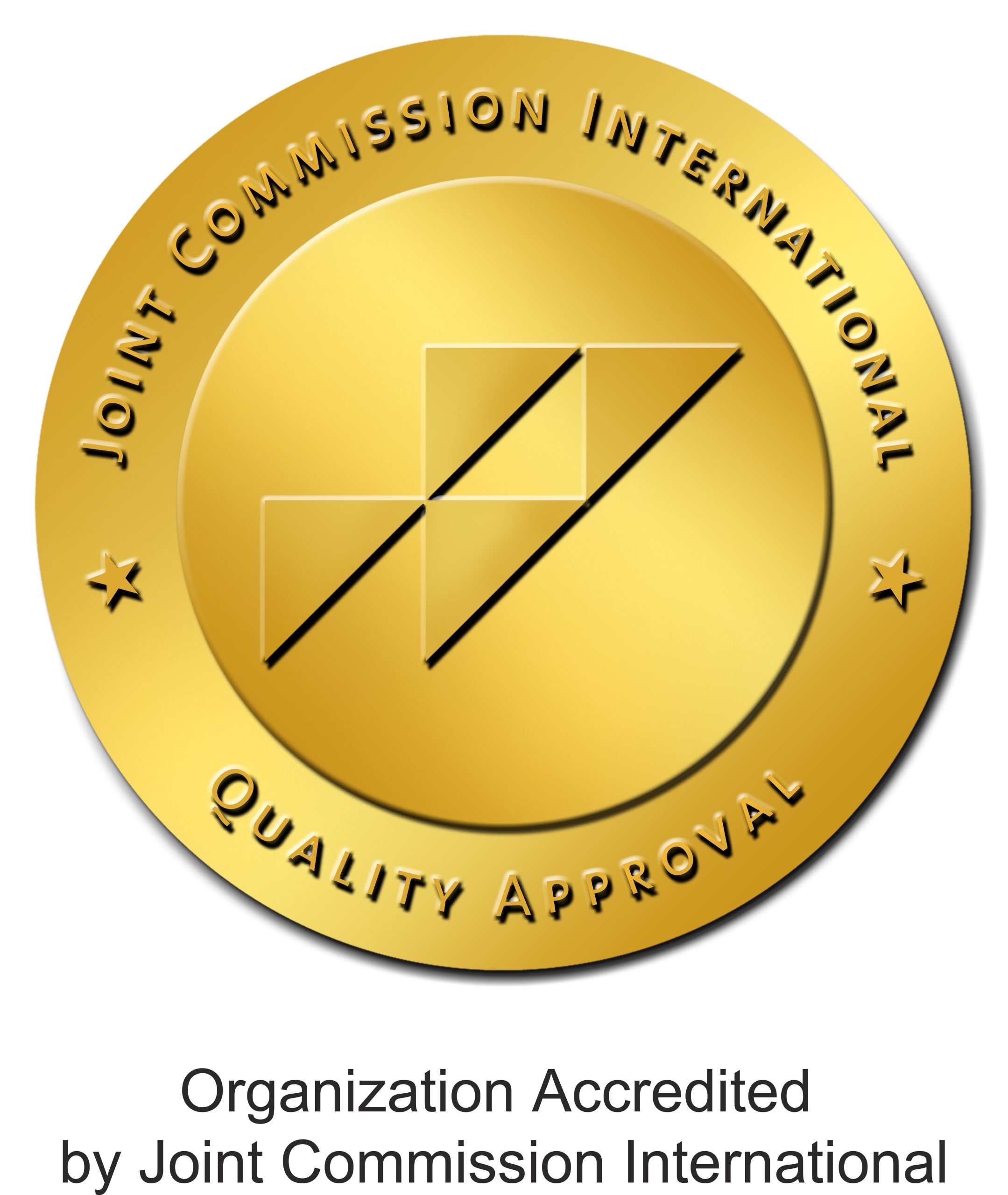Seizures are the only visible symptom of epilepsy. There are different kinds of seizures, and symptoms of each type can affect people differently. Seizures typically last from a few seconds to a few minutes. You may remain alert during the seizure or lose consciousness. You may not remember what happened during the seizure or may not even realize you had a seizure.
Seizures that make you fall to the ground or make the muscles stiffen or jerk out of control are easy to recognize. But many seizures do not involve these reactions and may be harder to notice. Some seizures make you stare into space for a few seconds. Others may consist only of a few muscle twitches, a turn of the head, or a strange smell or visual disturbance that only you sense.
Epileptic seizures often happen without warning, although some people may have an aura at the beginning of a seizure. A seizure ends when the abnormal electrical activity in the brain stops and brain activity begins to return to normal. Seizures may be either partial or generalized.
Partial seizures begin in a specific area or location of the brain. The most common types of partial seizures are:
- Simple partial seizures do not affect consciousness or awareness.
- Complex partial seizures do affect level of consciousness. You may become unresponsive or may lose consciousness completely.
- Partial seizures with secondary generalization begin as simple or complex partial seizures but then spread (generalize) to the rest of the brain and look like generalized tonic-clonic seizures. These two types can easily be confused, but they are treated differently. Most tonic-clonic seizures in adults begin as partial seizures and are caused by partial epilepsy. Generalized tonic-clonic seizures are more common in children.
- Seizures that begin over the entire surface of the brain are called generalized seizures. The main types of generalized seizures are:
- Generalized tonic-clonic seizures (grand mal seizures), during which the person falls to the ground, the entire body stiffens, and the person’s muscles begin to jerk or spasm (convulse).
- Absence seizures (petit mal seizures), which make a person stare into space for a few seconds and then “wake up” without knowing that anything has happened.
- Myoclonic seizures, which make the body jerk like it is being shocked.
- Atonic seizures, in which a sudden loss of muscle tone makes the person fall down without warning.
- Tonic seizures, in which the muscles suddenly contract and stiffen, often causing the person to fall down.
People may refer to seizures as convulsions, fits, or spells-but seizure is the correct term. Convulsions, during which the muscles twitch or jerk, are just one characteristic of seizures. Some seizures cause convulsions, but many do not.
Epileptic seizures are sometimes confused with psychogenic seizures, which are not due to abnormal electrical function. A psychogenic seizure may be a psychological response to stress, injury, emotional trauma, or other factors.
There are many types of epilepsy. All types cause seizures. It can be difficult to determine what type of epilepsy you have because of the numerous possible causes, because different types of seizures can occur in the same person, and because the types may affect each person differently.
Some specific types of epilepsy are:
Benign focal childhood epilepsy, which causes muscles all over the body to stiffen and jerk. These usually occur at night.
Childhood and juvenile absence epilepsy, which causes staring into space, eye fluttering, and slight muscle jerks.
Infantile spasms (West syndrome), which causes muscle spasms that affect a child’s head, torso, and limbs. Infantile spasms usually begin before the age of 6 months.
Juvenile myoclonic epilepsy, which causes jerking in the shoulders or arms.
Lennox-Gastaut syndrome, which causes frequent and several different types of seizures to occur at the same time. This syndrome can lead to falls during a seizure, which can cause an injury.
Temporal lobe epilepsy (the most common type of epilepsy in adults), which causes smacking of the lips or rubbing the hands together, emotional or thought disturbances, and hallucinations of sounds, smells, or tastes.
Epilepsy is not a form of mental retardation or mental illness. Although a few forms of childhood epilepsy are associated with below-average intelligence and problems with physical and mental development, epilepsy does not cause these problems. Seizures may look scary or strange, but they do not make a person crazy, violent, or dangerous.
Not everyone who has a seizure has epilepsy. Seizures that are not epileptic may result from several different medical conditions-poisoning, fever, fainting, or alcohol or drug withdrawal, among others. Seizures that occur at the time of a disease, injury, or illness and stop when the condition improves are not related to epilepsy. But if seizures occur repeatedly (become chronic), occurring weeks, months, or even years after the injury or illness, you have developed epilepsy as a result of the condition.
There are several other conditions with similar symptoms, such as fainting or seizures caused by high fevers.



